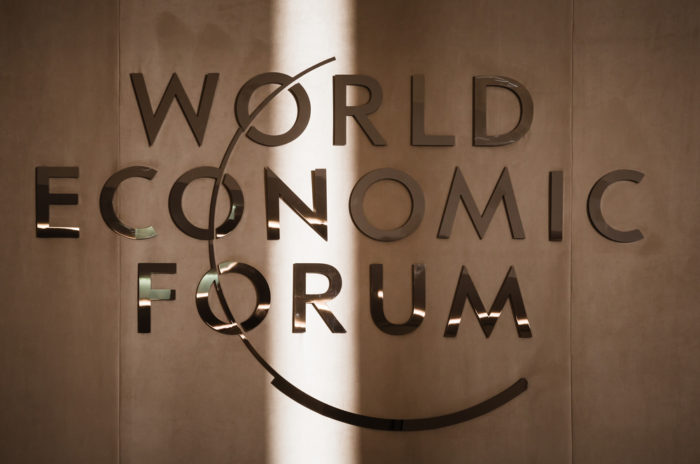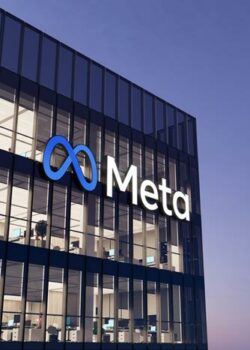Surging commodity prices are creating headaches in the tech and automotive sectors, with the cost of key materials rising following supply chain disruptions associated with Covid and the war in Ukraine.
This has led to a scramble to secure materials, with some in the sector expecting supply chain challenges to last until 2030. Some businesses are exploring innovative solutions, with Tesla’s Elon Musk announcing in April that the electric carmaker was considering mining its own lithium in order to secure supply.
Businesses adopting such an approach will need to be wary of the wide-ranging implications from an ESG-risk perspective that may be overlooked in a rush to secure supply: infrastructure projects in developing countries often have acute human rights risks associated with them. Businesses will also need to consider their ESG disclosures carefully as they may raise unforeseen litigation—not to mention reputational—risk.
Human rights
Human rights risk in the mining sector is very well-known. International mining companies operating in developing countries will generally have committed to adhere to internationally recognised human rights principles. Practically, however, it can be difficult to manage risk when the international entity is far removed (both physically and commercially) from those operating the mine.
In addition to forced labour, other types of adverse human rights impacts that are typically seen in mining operations include physical conflicts, conflicts relating to land use, harm to indigenous communities, child labour and modern slavery. Environmental risks are also key.
International mining companies will need to have robust strategies in place, consistent with recognised human rights principles, to minimise and mitigate the adverse impacts from their operations, including specialist corporate policies and associated procedures.
Developing norms
The reality is, while international mining companies may have collections of human rights policies and procedures in place, allegations of adverse human rights impacts in and around mining operations are very common. While the impacts may be local in nature, the international scope of many mining companies means that alleged victims of human rights abuses are increasingly seeking compensation in the jurisdictions in which the international mining companies are headquartered: for example, England.
These types of transnational tort claims are commonly referred to in England as parent company or value chain liability claims. In recent years, the English Supreme Court has allowed ambitious transnational claims to overcome early procedural hurdles and gain traction in this jurisdiction. None of these claims has yet reached trial, and there is still a great deal of uncertainty in this area.
However, for sectors where UK-domiciled businesses have foreign operations with either human rights risk or environmental risk, attention should be given to this developing area of the law. For more information on these two types of claims, see below.
Parent company liability and value chain liability
In two recent decisions (Vedanta and Okpabi), the Supreme Court held that a parent company could be liable for the negligent acts of a subsidiary in circumstances where a parent (i) “availed itself of the opportunity to take over, intervene in, control, supervise or advise the management of the relevant operations… of the subsidiary” or (ii) in published materials “holds itself out as exercising that degree of supervision and control of its subsidiaries, even if it does not in fact do so”. The Supreme Court noted that in corporate groups, parent companies (or business units within a corporate group) could take de facto control of a subsidiary and therefore considered that a parent company could be sued by claimants on the grounds that it stood in place of the subsidiary in practice.
A value chain means the activities related to the production of goods/provision of services by a company. This includes the development of the product or the service, and the use and disposal of the product. It also includes the related activities of established upstream and downstream business relationships.
In England, claimants in cases such as Maran and Josiya have brought negligence claims against UK-domiciled defendants in circumstances where harms were allegedly suffered downstream from the defendant’s value chain. In both instances, the claimant successfully resisted attempts to strike out the value chain liability claims.
EU proposals
In addition, UK businesses with EU operations should be aware of the European Commission’s proposal for a directive on corporate sustainability due diligence (CSDD), under which entities would be required to identify and prevent, end or mitigate potential and actual environmental and human rights impacts in their supply chain.
Businesses, inside and outside the EU, will need also to report environmental, social and governance impacts of their activities, including those identified under the CSDD, under a related proposal: the corporate sustainability reporting directive (CSRD).
There is an increasing focus on whether corporate activities are compliant with soft law human rights frameworks, such as the UN Guiding Principles on Business and Human Rights (UNGP). If they are not, businesses should expect to come under intense reputational pressure and face regulatory intervention and/or litigation.
Tech and automobile companies that are trying to do the “right” thing by addressing climate change (such as via the introduction of electric vehicles) and attesting to their sustainability credentials, need to be wary that they may be making themselves easy targets if they fail to live up to their commitments.
Indeed, activist litigants are leveraging both disclosure laws/regulations and reputational risk in order to pressure high-profile businesses to push their agenda. The volume of corporate ESG-related disclosures has increased substantially over recent years and with the introduction of the CSDD and the CSRD, this will increase yet further.
Organisations should avoid at all costs viewing ESG disclosures as “soft” statements or approaching them as if they were corporate marketing/PR. These statements may be used against them in ESG-related litigation, such as parent company liability and value chain liability claims, as well as “greenwashing” actions. It may be a particularly challenging exercise for a business to balance highly prescribed mining-related disclosures alongside the ESG expectations of consumers.
Irrespective of the sector in which a business operates, one important means of managing ESG-related risk well is through robust and holistic ESG governance, compliance and monitoring systems. Legislation such as CSDD will eventually make it a legal duty to operate in this way.
Organisations in all sectors need to give thought to how they identify and implement their ESG objectives, and how they manage associated risk.
Businesses need to be aware that centralised management of ESG risk across a corporate group may attract allegations of liability at the centre for alleged ESG-related harms. This is true even where those alleged harms are connected to the activities of subsidiaries or even third parties in a commercial value chain. Businesses should consciously assess how they want to balance this risk with their ESG governance and compliance objectives.
Stephanie Lee is a partner in the dispute resolution department of Travers Smith





